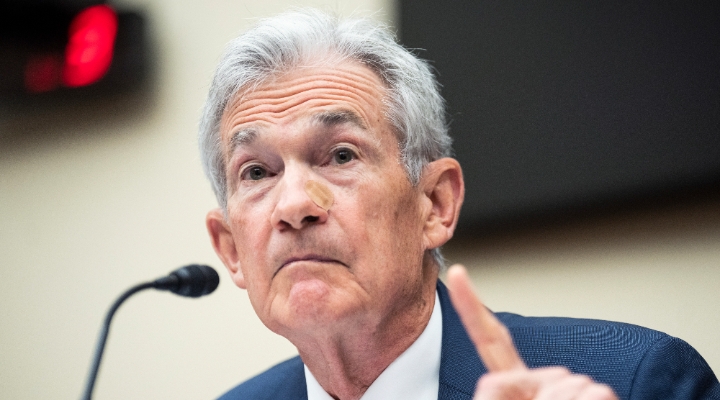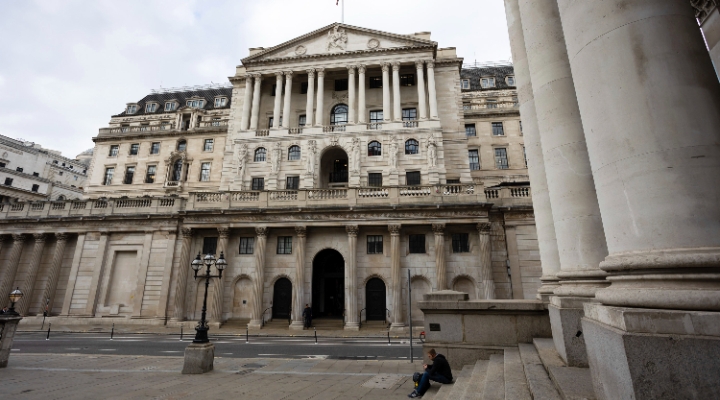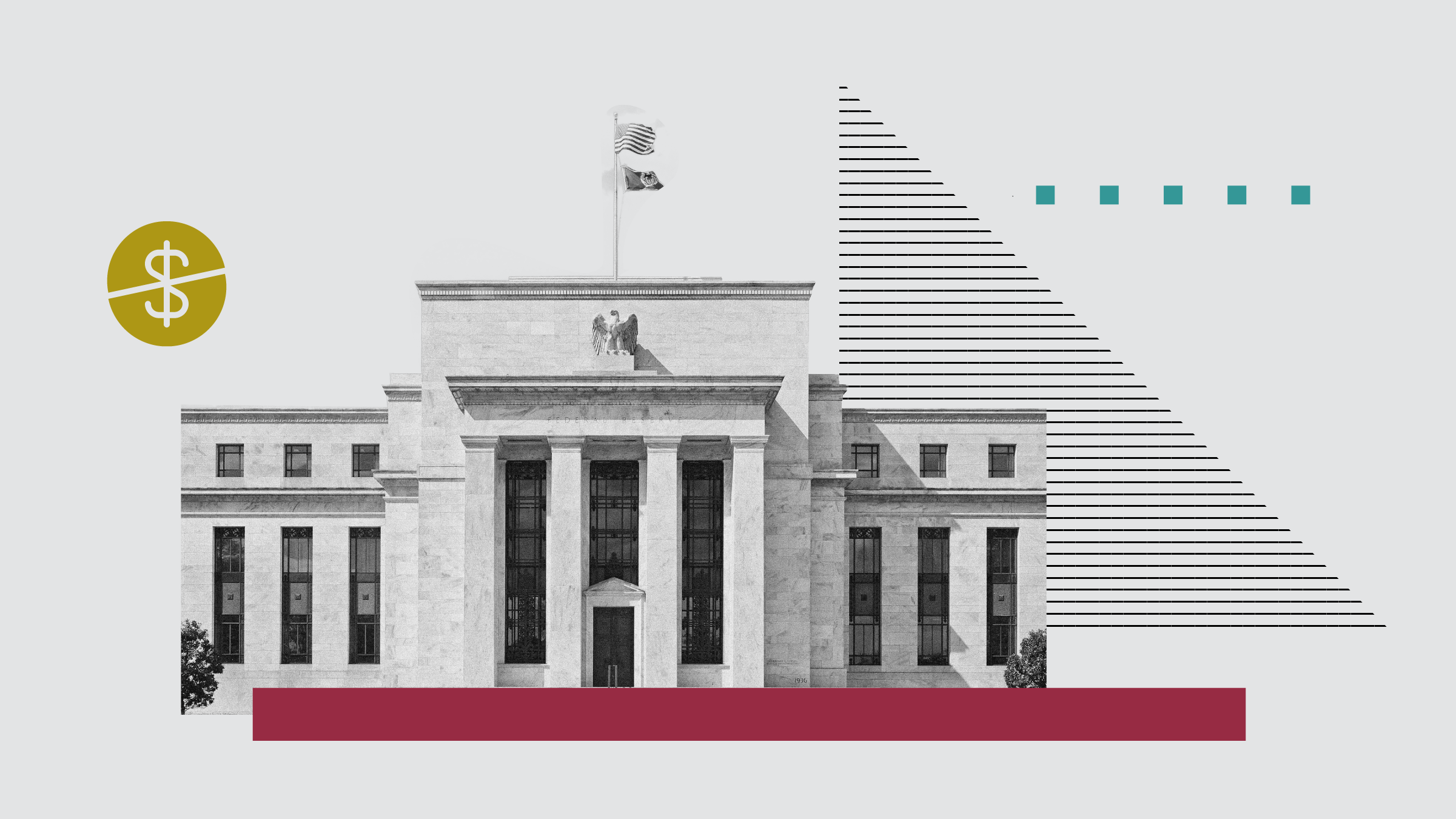.jpg)
The Bank of England (BoE) has cut rates for the first time since March 2020.
In a statement at midday, the central bank said yesterday's Monetary Policy Committee meeting had resulted in a five-four vote in favour of a rate cut to 5%, compared with a vote of seven to two in favour of a hold at the last meeting.
"It is now appropriate to reduce slightly the degree of policy restrictiveness," it said.
"The impact from past external shocks has abated and there has been some progress in moderating risks of persistence in inflation. Although gross domestic product has been stronger than expected, the restrictive stance of monetary policy continues to weigh on activity in the real economy, leading to a looser labour market and bearing down on inflationary pressures."
Though financial markets had forecast a rate cut to 5%, the decision was viewed as knife-edge in nature amid sticky UK core inflation and price rises in services sectors enjoying summer consumer demand.
Still, the future path of interest rates is uncertain, as the statement noted: "We have to be careful not to cut interest rates too much or too quickly". Governor Andrew Bailey and his colleagues will answer questions on this and more in the upcoming press conference.
The uncertainty was compounded by the Federal Reserve's decision to hold rates yesterday, although economists now expect the first rate cut from the Fed in September.
How Are UK Fund Houses Reacting to The Rate Cut Decision?
Andrew Summers, chief investment officer at Omnis Investments, says housing will have played a key part in the decision to cut rates. He now expects a second cut in September.
"While there had been a strong services inflation print recently, forward-looking indicators suggest there is downside risk to services inflation in the coming months.
"For example, Homelet and RICs surveys suggest there is downward pressure on the Rents for Housing component of CPI. In addition, unemployment is rising and job vacancies are slowing, which should drive wages lower from here.
"Our expectation is that the Bank will lower rates further at the September meeting and ultimately more cuts will be delivered than what is currently discounted by markets."
David Katimbo-Mugwanya, head of fixed income at EdenTree Investment Management, says markets are not surprised by the move.
"Shorter-dated bond yields, deemed as more sensitive to benchmark interest rates, have recently declined faster than those on longer-duration counterparts further out on the curve, indicating that the long-awaited shift came as no surprise to market participants," he says.
"Despite having witnessed further falls on goods price inflation over the last year, policymakers remain particularly alert to the trajectory of service price changes and wage pressures.
"BoE policymakers are therefore more likely to err on the side of caution vis-à-vis guidance rather than risk de-anchoring consumer prices expectations by cutting hastily, ultimately keeping rates higher for longer."
How Will This Interest Rate Cut Affect Me?
As interest rates decrease, cash savings rates on bank accounts and ISAs will likely decrease, meaning savers may start getting less bang for their buck at the bank.
However, lower rates will also make consumer debt cheaper, which could bring some relief to people with substantial credit card debt – and mortgage holders with variable-rate products. Those who have remortgaged into fixed-rate products in the last two years may not feel this until they remortgage once more.
What Will Equities and Bonds do After a Rate Cut?
Markets tend to "price in" any changes very quickly, so the reaction to this kind of news will be swift. Conventional wisdom suggests rate cuts are better for equities than bonds. But while bonds have returned to favour in the higher interest rate era because of their tempting yields, rate cuts may not be bad for them either.
Falling interest rates mean lower yields, which push bond prices ever higher – a key factor in total returns. And lower rates make existing bonds, and particularly those already issued during a period of rate hikes, more attractive for yield.
In addition, many pension funds, for whom rising bond yields have caused havoc, could also stand to benefit from a looser monetary approach. This may well benefit the government’s attempts to reignite the UK’s stagnant economy as (in theory) it encourages institutional investors to plough money into promising growth businesses.
How Will The Real Economy React to a Rate Cut?
Over in the "real economy", the unwinding of monetary policy will likely also benefit shops and online businesses who have been squeezed by the twin spectres of supply chain inflation and lower consumer confidence. If higher interest rates have the power to curb spending in the UK economy and cool gross domestic product growth, lower rates will in theory create the opposite effect.
In practice, however, there is a lot of uncertainty. While lower interest rates tend to stimulate the economy, the UK is still expected to suffer from low growth in the coming years wherever rates end up. Either way, it will take time for the precise effects to be visible, let alone quantifiable.
We are updating this story as it unfolds. The Bank of England press conference is imminent.












.jpg)
















